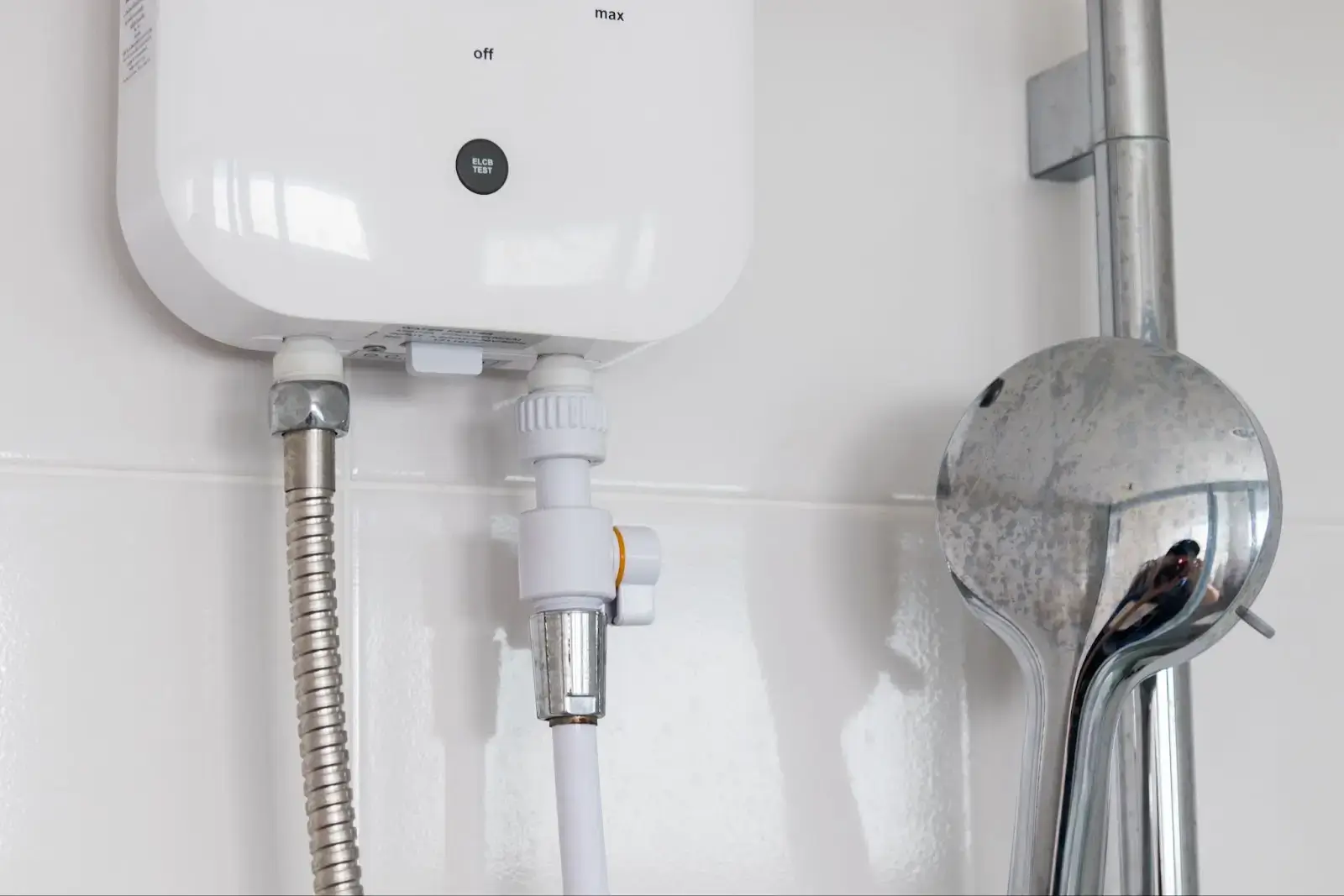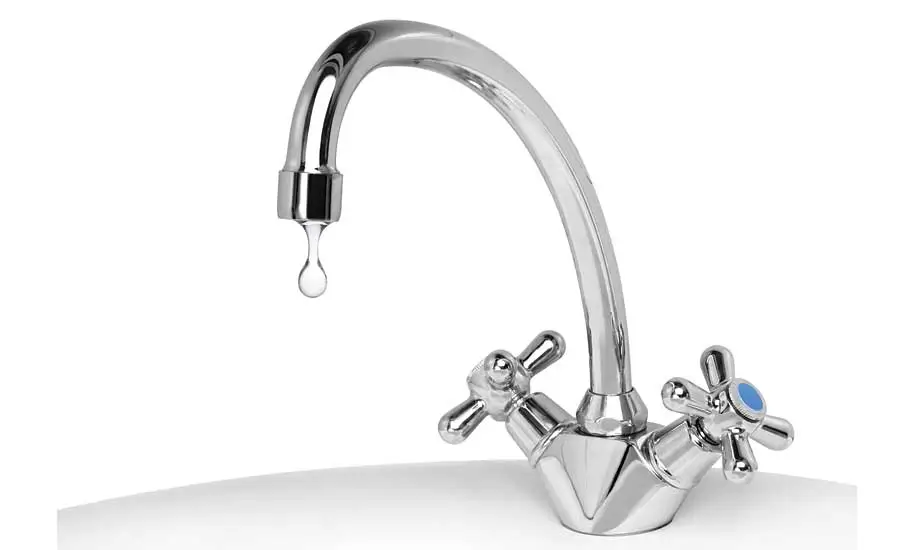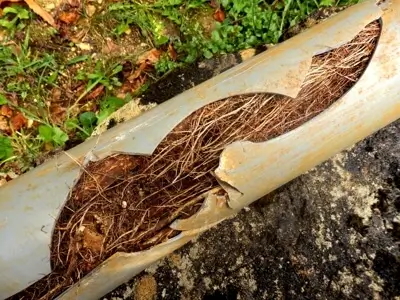If you are looking for a new heating and cooling system to integrate into your home, you have probably heard of or even partaken in the heat pump VS AC debacle.
You can get great and efficient heating and cooling between heat pumps and air conditioners. However, one noteworthy difference between the two is simple functions like air conditioners exclusive for ambient temperatures, while heat pumps can heat your home's water supply. You can't go wrong with either choice of HVAC systems.
The only real questions are those of space and cost. Don't be fooled by the name. If you have the right size heat pump, it can make an excellent choice for any household.
Some facts we will be talking about below might surprise you!
Heat Pump VS AC System
While we think air conditioners cool air, they do not. Heat pumps do that, and they do them for air conditioners too!
Air conditioners have internal heat pumps which facilitate temperatures, and air conditioners without built-in heat pumps are typically linked to a furnace. Is that confusing? Don't worry. Let's break it down together.
Heat Pumps
The efficient heating system of heat pumps manages temperatures by only altering outside air. Heat pumps utilize natural resources producing little to no combustion. Its lack of burning components leads to fewer greenhouse emissions, decreasing your heating system's carbon footprint.
Air Source Heat Pump Systems
Air-to-air source heat pumps and air-to-water source heat pumps work by extracting thermal particles and transmitting them into transfer fluids.
Transfer fluids circulate through heat exchangers making their way into your air or water supply for your ambient and liquid heating needs. Unlike a gas furnace, a heat pump has heat exchangers that facilitate heat energy, excluding any burning elements.
Heat Pump VS Gas Furnace
Heat pumps may be mistaken for furnaces but do not undergo the same process. Each heating system can warm air through various processes.
A heat pump can integrate and extract heat from indoor air, but a furnace can only generate heat. Unlike heat pumps, a furnace creates its own heat by burning natural gas instead of altering the temperature of the surrounding air. Furnaces use more energy for incineration, producing more greenhouse gases and harmful environmental impacts.
Something a heat pump and furnace have in common is an air conditioner cannot facilitate heat without their help.
Air Conditioners
Air conditioners are arguably some of the most efficient cooling and heating systems available in the market. An air conditioner is a cooling system that works by conditioning outside air, filtering out pollutants and other contaminants while altering temperatures. An air conditioning system typically features a heat pump within its configuration. An air conditioner may have a furnace attachment without a built-in heat pump.
However, not all air conditioners are made equal. Some feature components with more energy efficiency than others.
Ductless Mini-Split Air Conditioning Systems
A ductless mini-split air conditioner works with an indoor air handler and an outdoor unit connected through a series of coils. Its fewer risks for air and energy loss increase its energy efficiency. Its fewer components lessen the time and distance air travels during transmission, hastening the alteration and delivery of temperatures.
Like other HVAC systems, not every air conditioner is energy efficient. While a ductless mini-split air conditioning system delivers the most energy-efficient means of experiencing both warm and cold air, a central AC may not be.
Ductless Mini-split air conditioning VS Central AC
Regardless of the heat pump efficiency of the air conditioner, a central AC still poses more risk for interruptions in air transmission. It can be a real drag when an HVAC system has one faulty outdoor condenser affecting all indoor air handlers, leaving you with nothing to fight against outdoor temperatures. Additionally, when outdoor temperatures drop, a leak in the system may freeze outdoor coils and cause corrosion leading to the entire system cycling off on its own.
Central air conditioning systems exhibit less energy-efficient qualities than ductless multi-split air conditioners.
Which HVAC System is Better for Portland?
Your choice of HVAC systems are:
- Heat Pump
- Air Conditioner
- Furnace
- Air Conditioner with Integrated Heat Pumps
- Air Conditioners with External Furnance Attachments
A heat pump can heat or cool air. We find that heat pumps work best in moderate climates with inclinations toward humid and hot air. In the ever-arguable heat pump VS AC debate, anything with a heat pump system works more efficiently than any other system. Remember, heat pumps can facilitate air exchange with more versatility.
An air conditioner can only cool air unless built with or linked to a heating system. A stand-alone air conditioner can only cool outdoor temperatures and filter contaminants from the outdoor air. A heat pump system can do both, and a heat pump can also heighten indoor air temperatures more efficiently.
Can a Heat Pump Offer More Energy Efficiency Than an Air Conditioner?
Air conditioning systems make popular choices in Oregon. However, heat pump heating doesn't fall far behind. According to recent statistics, 59% of homes in Oregon have at least one air conditioning unit or baseboard heating. These statistics provide insight into how many households utilize artificial home heating devices.
Whether Oregonians use modern heat pumps and air conditioners for heating or cooling indoor temperatures, both devices impact utility bills. Americans nationwide are advised to install energy-efficient heating alternatives to fight off freezing temperatures or alleviate the heat inside their homes.
The cooling output of your indoor unit might be excellent, but it may be running up your energy costs.
Heat Pump VS AC: Energy Efficiency
Energy Star recommends specific models of heating and cooling systems. While the government department doesn't endorse brands for advertisement purposes, it makes an example of a new air conditioner that handles the summer heat efficiently. An Energy Star-rated HVAC system makes an excellent choice for those looking to cut back on monthly utility bills. So far, the department has yet to hand down a verdict regarding the heat pump vs. air conditioner debacle. However, they have favored specific models of a heat pump or air conditioner the department deems more efficient.
For example:
The government department advises homeowners to opt for an air conditioner with a ductless system over a central or window unit. Air conditioners with evaporator coils and condenser coils may have a higher installation cost, but they prove more efficient in the long run.
The environmental allies also advise the ground source heat pump (Geothermal) over air and water source. Cooler temperatures can be achieved with fewer resources by systems with the proper efficiency ratings.
Seasonal Energy Efficiency Ratio (SEER)
A SEER rating determines how efficiently an air conditioner can manage the air inside beyond the typical cooling season between June and September.
An air conditioner with an outdoor unit is attached to various indoor air handlers. Within an air handler, you will find the evaporator coil responsible for removing heat from indoors. Based on thermodynamics, an evaporator coil plays a considerable role in determining overall efficiency. Cold air cannot penetrate heat. During cooling mode, warm air is first extracted from the indoor environment.
Efficient systems typically rate 14 SEER and above.
Heating Seasonal Performance Factor (HSPF)
The efficiency of a heat pump's heating mode determines Heating Seasonal Performance Factor ratings during colder months in fall and winter. HSPF ratings are used to gauge the efficiency of both heat pumps and air conditioner heaters.
An efficient heat pump rates around 8-10 and averages out to 8.2.
However, the heat pump VS air conditioner debacle is all moot if you aren't maintaining your systems as well as you should. If you consistently miss yearly routine checkups and tune-ups, air conditioners and heat pumps with the highest efficiency ratings can become less efficient if at all.
Routine Maintenance for Both Heat Pump and Air Conditioner
Routinely checking your AC systems can prevent any of your components from malfunctioning. A malfunction anywhere in the cooling mode can decrease energy efficiency due to gaps in air transmission, leaks, faulty reversing valves, frozen coils, etc.
Preventive maintenance can increase your system's efficiency by keeping all elements intact and in pristine condition. However, some services aren't always affordable or reliable. Trust the best! Don't just trust anyone.
Sunset Heating & Cooling Electrical
If you have issues with your air conditioner, heat pumps, or AC units with an auxiliary electric heater, reach out to Sunset Heating & Cooling Electrical.
You can check out our list of available offers for heat pump water heater installation and heat pump repair.
If you need air conditioner installation or repair, we have the HVAC professionals ready to help you.
While we think an ounce of prevention is still better than a pound of cure, don't hesitate to call in your concerns. We can help homes and businesses in Portland, Oregon, with HVAC remediation, upgrades, replacements, and various installations.







